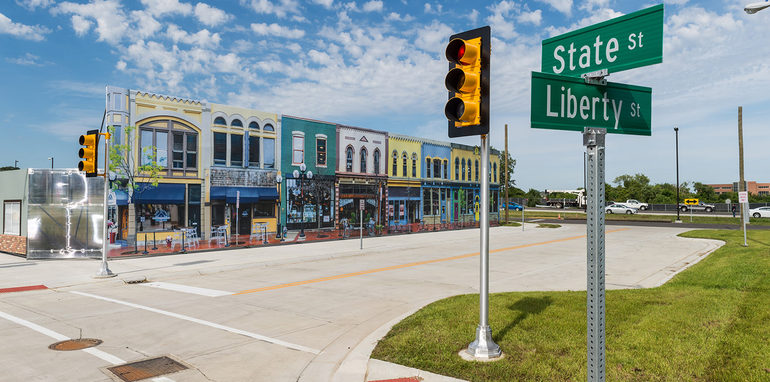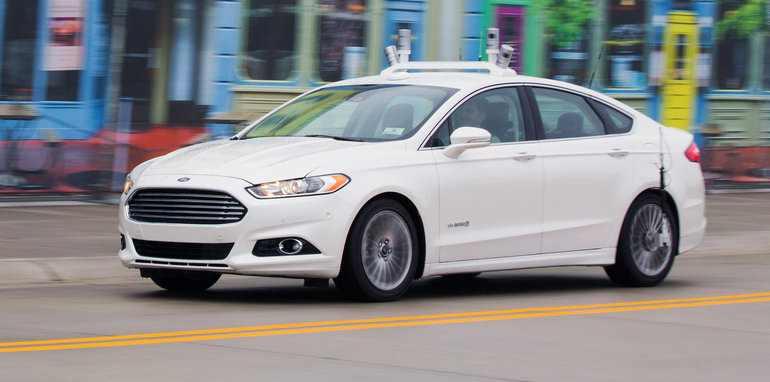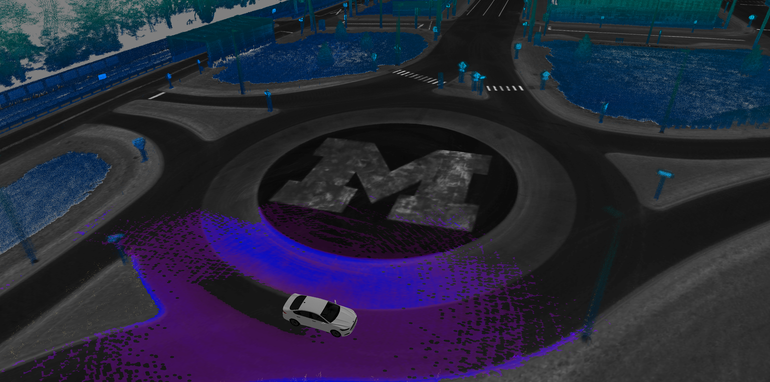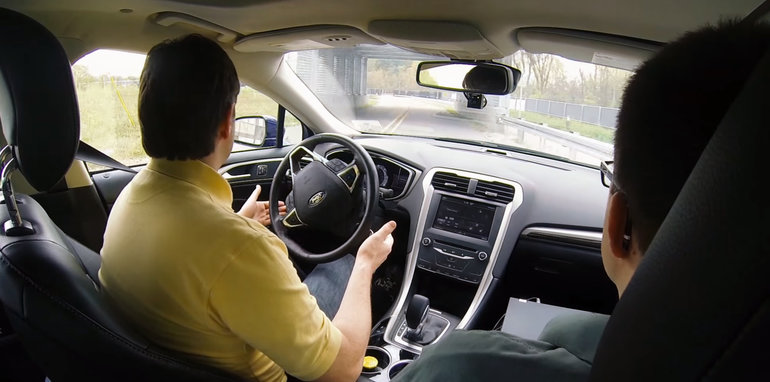&feature=youtu.be
Ford has become the first carmaker to test driverless technology at Mcity, a ‘fake’ town created by Michigan University’s Mobility Transformation Centre.
Opened in July, Mcity is a testing ground developed specifically to recreate as many real-world urban environments and situations as can be imagined, allowing autonomous vehicle technology to be tested without risking harm to public road users.
This week, Ford has used the facility to further advance the driverless systems introduced in 2013, packed into an experimental version of the new Mondeo (known in the US as the Fusion).
Using the US market’s Fusion Hybrid as a base, the carmaker is testing its driver-assist technologies that include front-facing cameras, radar and ultrasonic sensors, and adds four LiDAR sensors to generate a real-time 3D map of the vehicle’s surrounding environment.
“Testing Ford’s autonomous vehicle fleet at Mcity provides another challenging, yet safe, urban environment to repeatedly check and hone these new technologies,†said Ford vice president for global product development, Raj Nair.
“This is an important step in making millions of people’s lives better and improving their mobility.â€
Mcity may be the best ‘lab’ Ford has used yet for its driverless tech, with the university able to craft scenarios around street lights, crosswalks, lane delineators, kerb cuts, bike lanes, trees, hydrants, sidewalks, signs and traffic control devices, among other objects and obstacles found in day-to-day life.
The 32-acre facility also offers a variety of surface types, including concrete, asphalt, brick and dirt, along with examples of two-, three- and four-lane roads, ramps, roundabouts and tunnels.

“The goal of Mcity is that we get a scaling factor,†said Ryan Eustice, University of Michigan associate professor and co-investigator in Ford’s research collaboration with the university, one of two faculty working on this project with Ford.
“Every mile driven there can represent 10, 100 or 1000 miles of on-road driving in terms of our ability to pack in the occurrences of difficult events.â€
MORE: Mondeo driverless hybrid prototype hits the road
MORE:Â Michigan university opens fake town to test driverless cars
MORE:Â Volvo XC90 goes hands-free for Australian Driverless Vehicle Initiative in Adelaide



Comments
Post a Comment